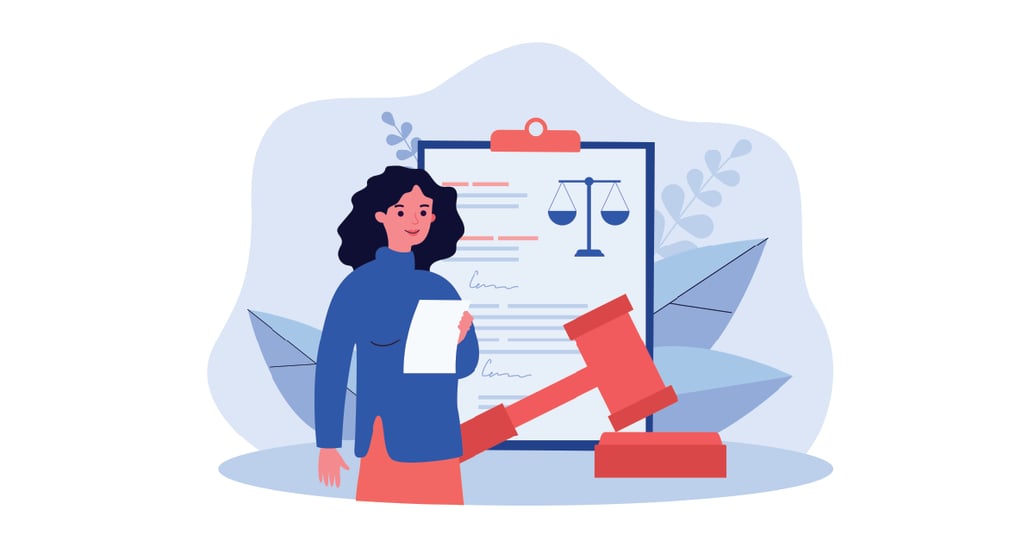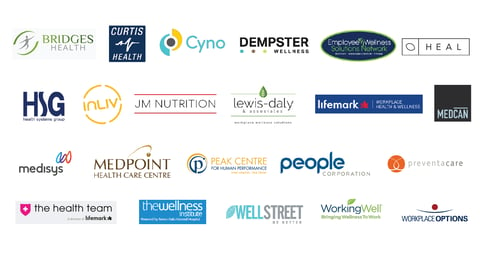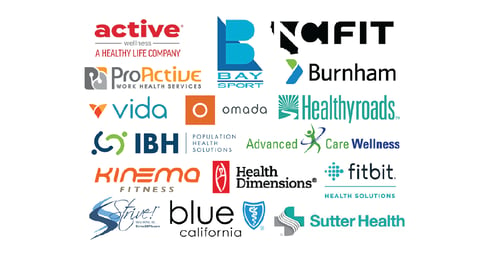The use of cannabis and CBD (Cannabidiol) is quickly becoming a topic of conversation with employers. This post answers some of the questions you may have about use in Canada and the US. (5-Minute Read)
While the use of CBD has grown tremendously in recent years to purportedly help people with conditions such as anxiety, depression, chronic pain and insomnia, many questions still exist, including the legal status of the substance. The legality of CBD is a bit blurry itself and gets even more complicated when we bring in external factors, such as the possible effects of using CBD in the workplace. Further, some benefit plans are covering the substance, and it is impacting the health status of people in the workplace.
Let’s break it down:
The Legality of CBD
Much like the blurry legality of CBD in the United States, Canada’s laws regarding CBD are nothing short of confusing. You’d think since Canada legalized recreational cannabis in 2018 there would be no issue, but this actually adds to the confusion.
Under Canadian law, CBD may only be purchased by a licensed retailer. There is currently no distinction between cannabis and cannabis-derived compounds like CBD.
Instead, they’re all lumped together with no difference between choosing an intoxicating, high-THC strain (delta-9-tetrahydrocannabinol) from a licensed retailer or non-intoxicating, therapeutic CBD oil.
CBD In the Workplace
While there is a lot of talk about CBD eventually being regulated separately from recreational cannabis, it’s treated the same as cannabis in Canada. It’s legal for recreational use, but that doesn’t necessarily extend into the workplace.
Duty to Accommodate
If you are legally authorized to use cannabis for medical purposes, you may be able to use CBD at work, depending on several factors. According to the Government of Canada, “employers have the obligation to accommodate to the point of undue hardship an employee who has identified as having a disease, injury or disability, including substance dependence and medical authorizations to use cannabis for medical purposes.”
The Canadian Human Rights Commission’s guide, Impaired at Work - A guide to accommodating substance dependence, states, “under the Canadian Human Rights Act, if your employee tests positive for cannabis you have a duty to inquire about whether they have an addiction or have been authorized to use medical cannabis. If so, and if they can provide supporting medical information, employers have a duty to accommodate the worker.”
CBD is non-intoxicating, so employees are not going to be hanging around the workplace stoned from it. But there is a crucial element here: Canadian law does not differentiate between different cannabis compounds, so CBD falls under the same guidelines as cannabis.
But if you have legal authorization to use cannabis medically, your employer is expected to accommodate.
Even with legal recreational cannabis in Canada, the Human Rights guide also states, that “as an employer, you have a right to develop appropriate workplace standards that you expect your employees to follow. These can include policies on substance use or impairment during hours of work.”
Employers may impose their own rules against cannabis use, including CBD, in the workplace. The exception is for those who legally must be accommodated and have the documentation to prove it.
Does CBD Show Up On Drug Tests?
It’s important to understand that drug testing is not common practice in the workplace.
According to the Ontario Human Rights Commission, “drug and alcohol testing that has no demonstrated relationship to job safety and performance, or where there has been no evidence of enhanced safety risks in the workplace, has been found to violate employees’ rights.” This stance varies by jurisdiction.
Drug testing is only standard practice in safety-sensitive positions where workers may be in danger if they come to work impaired. While CBD does not impair users, many worry that their CBD use could get them in trouble if they’re subjected to a drug test at work.
CBD Will Not Show Up On A Drug Test
Chances are if you’re subjected to a drug test it will look for cannabis, amphetamines, and opiates among other substances such as alcohol. When testing for cannabis use, urine tests are looking for the presence of THC, so any CBD you’ve consumed will not appear.
However, depending on where you get your CBD from, trace amounts of THC may be present. If you buy full-spectrum CBD, touted for having stronger therapeutic effects, small amounts of THC will be present.
This is why in the United States and Canada consumers should always check to see if a company provides third-party lab results proving what they say is in the product is really in the product. If it only contains trace amounts of THC, this should not appear on a drug test assuming you aren’t consuming unhealthy amounts of CBD product.
Since CBD has become so popular, numerous companies have emerged to sell CBD in unregulated markets. For now, it’s up to consumers to make sure the company they are purchasing from is licensed to do so and transparent about lab results.
The Bottom Line
While CBD is non-intoxicating, under Canadian law it is regulated in the same way as cannabis. Employers have the right to set their own provisions regarding substance use at work, and this extends to CBD. If an employee is authorized to use CBD for a medical condition, employers are required to accommodate.
CBD will not show up on a drug test assuming zero to trace amounts of THC are present. This is why it is crucial to buy from reputable companies offering lab results.
Many employers will not drug test because it is typically considered a human right’s violation in Canada to do so.
If you’re an employee who uses CBD, know where you stand within the limits of the law and your own work place.
Additional Questions?
Please consult your legal counsel for advice about the use of cannabis and CBD in the workplace.
About CoreHealth Technologies
CoreHealth Technologies Inc. is a leading all-in-one corporate wellness platform trusted by wellness providers to power their health and wellbeing programs for 3+ million employees worldwide. At CoreHealth, we believe that developing the best employee wellness programs is all about giving providers the right code, design and access to best-in-class innovations. With the most customization, integrations and reliability of any software in its class, CoreHealth’s powerful platform lets users focus on growing great wellness companies. For more information, visit the CoreHealth website or visit our YouTube Channel.




